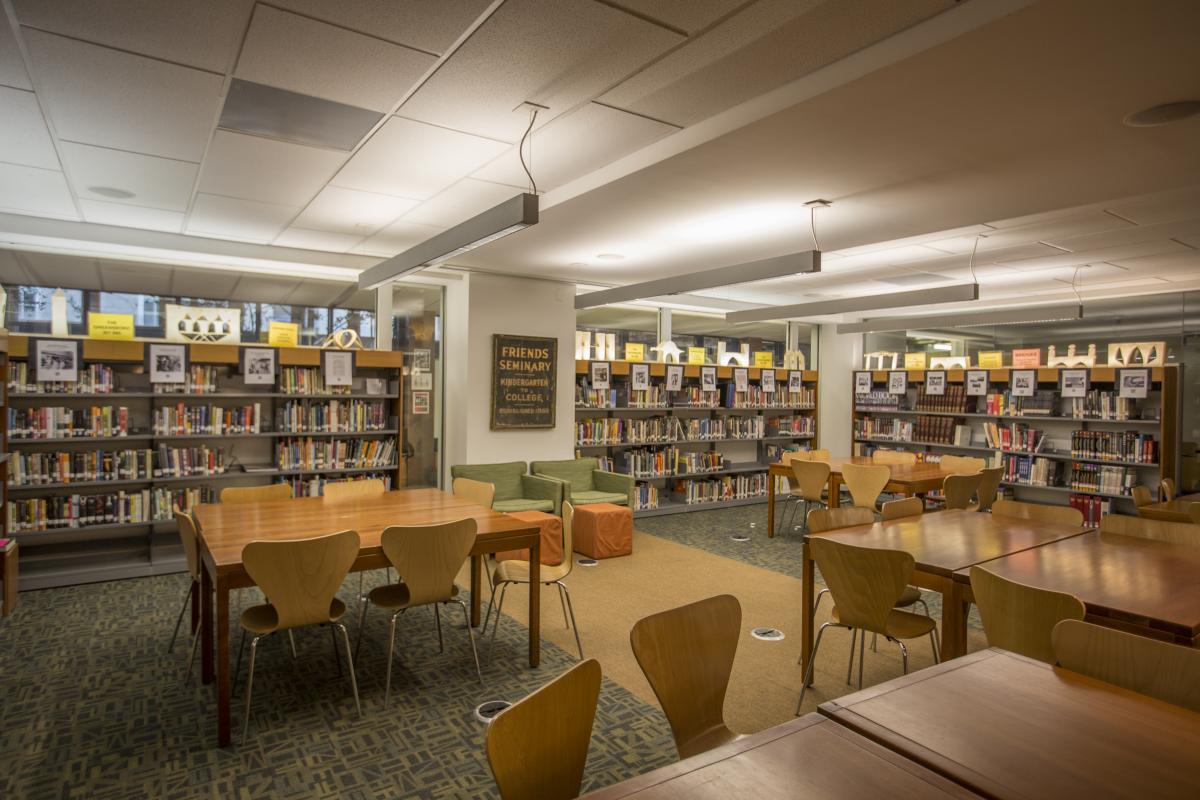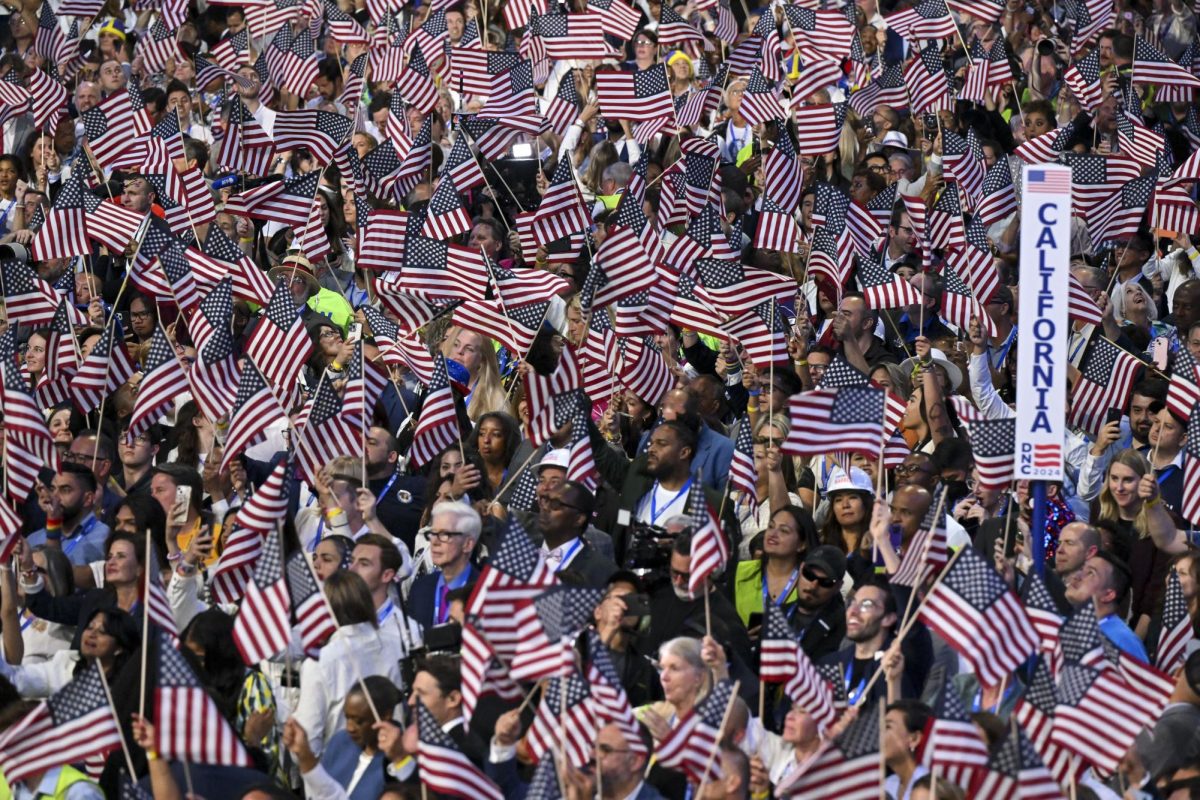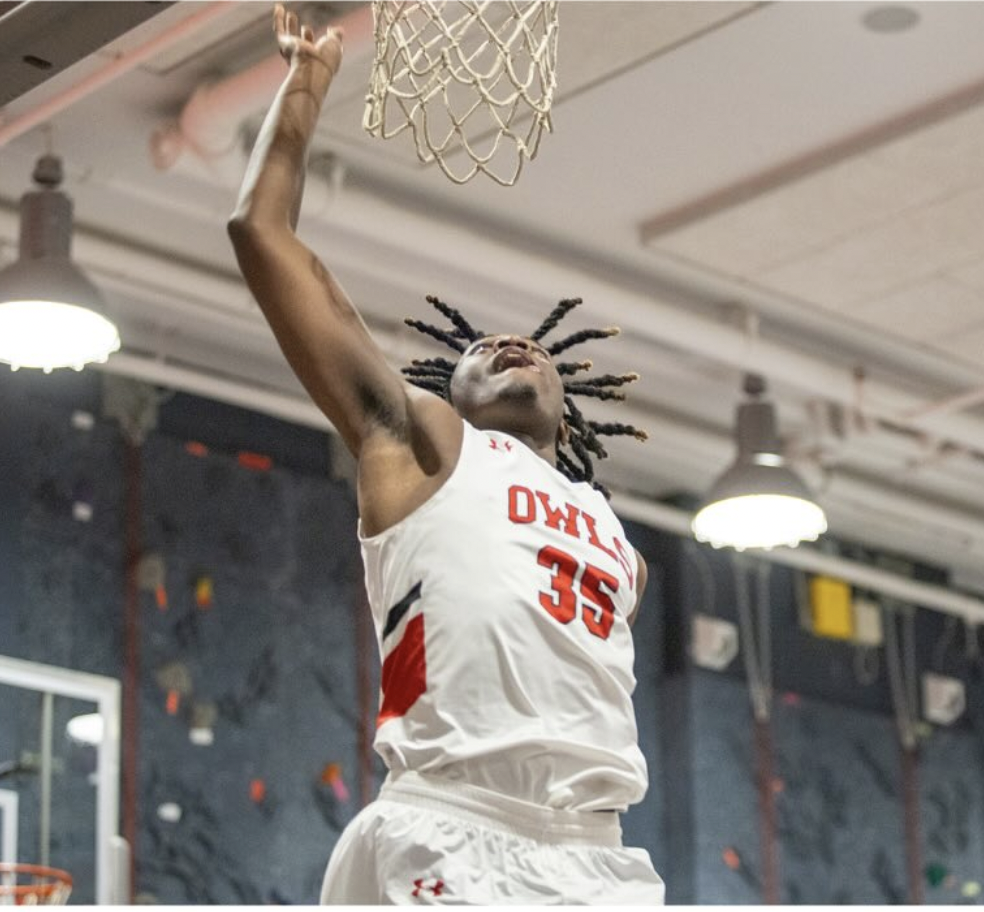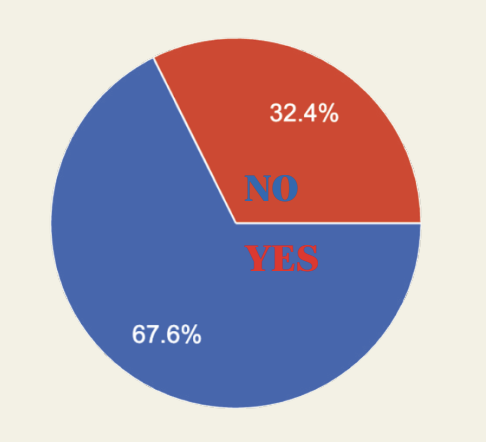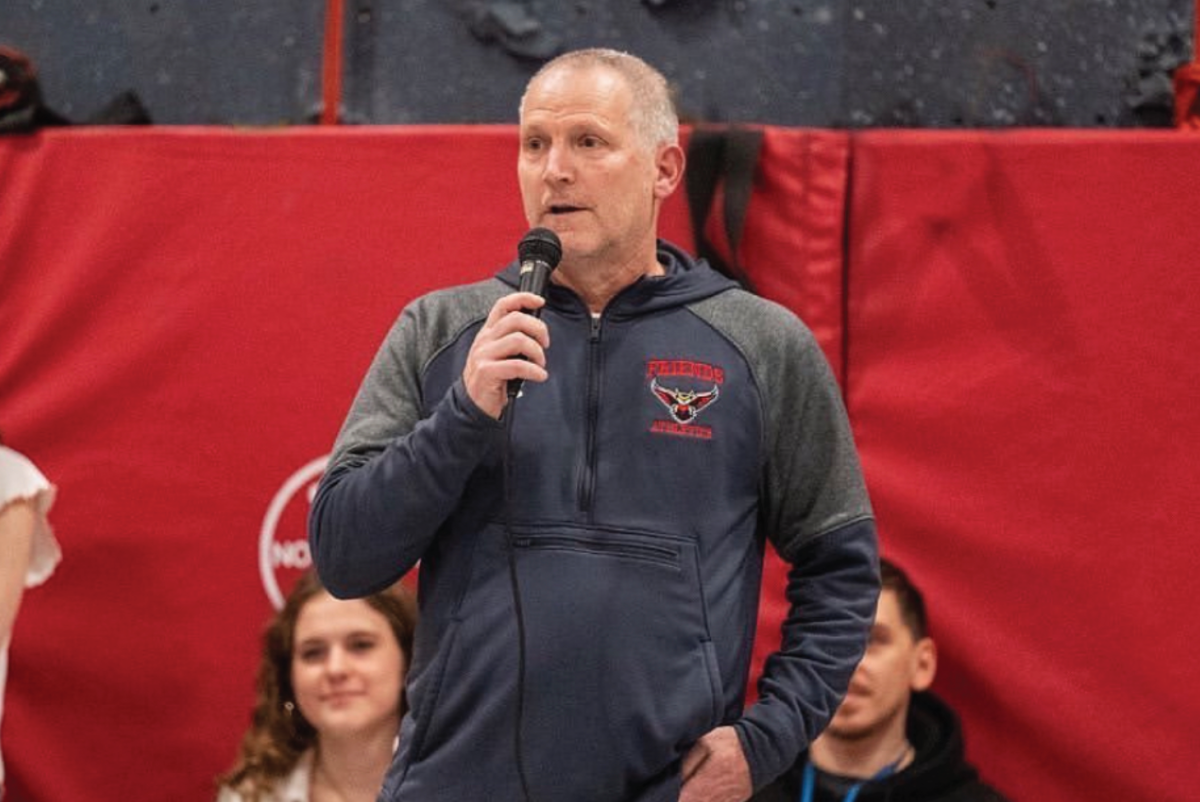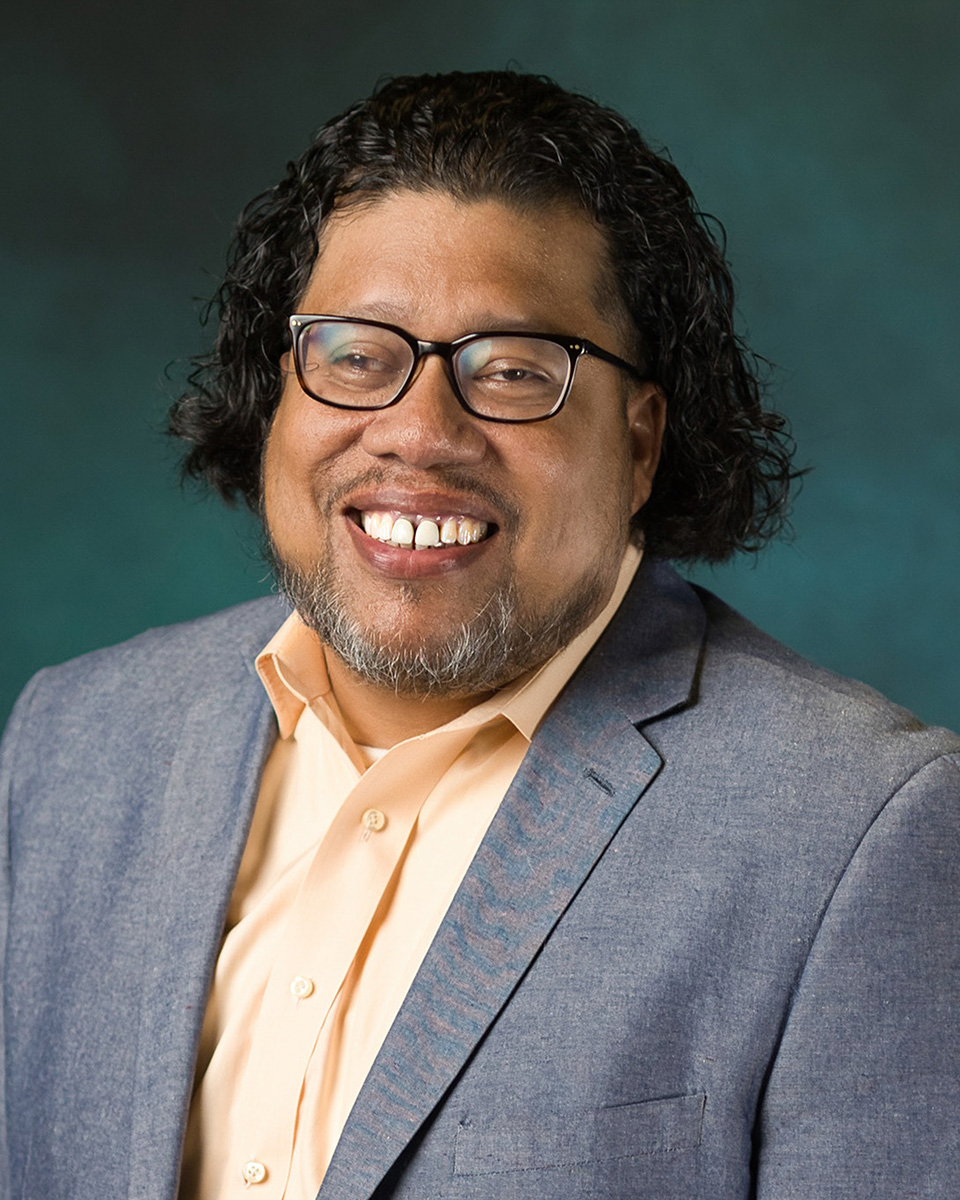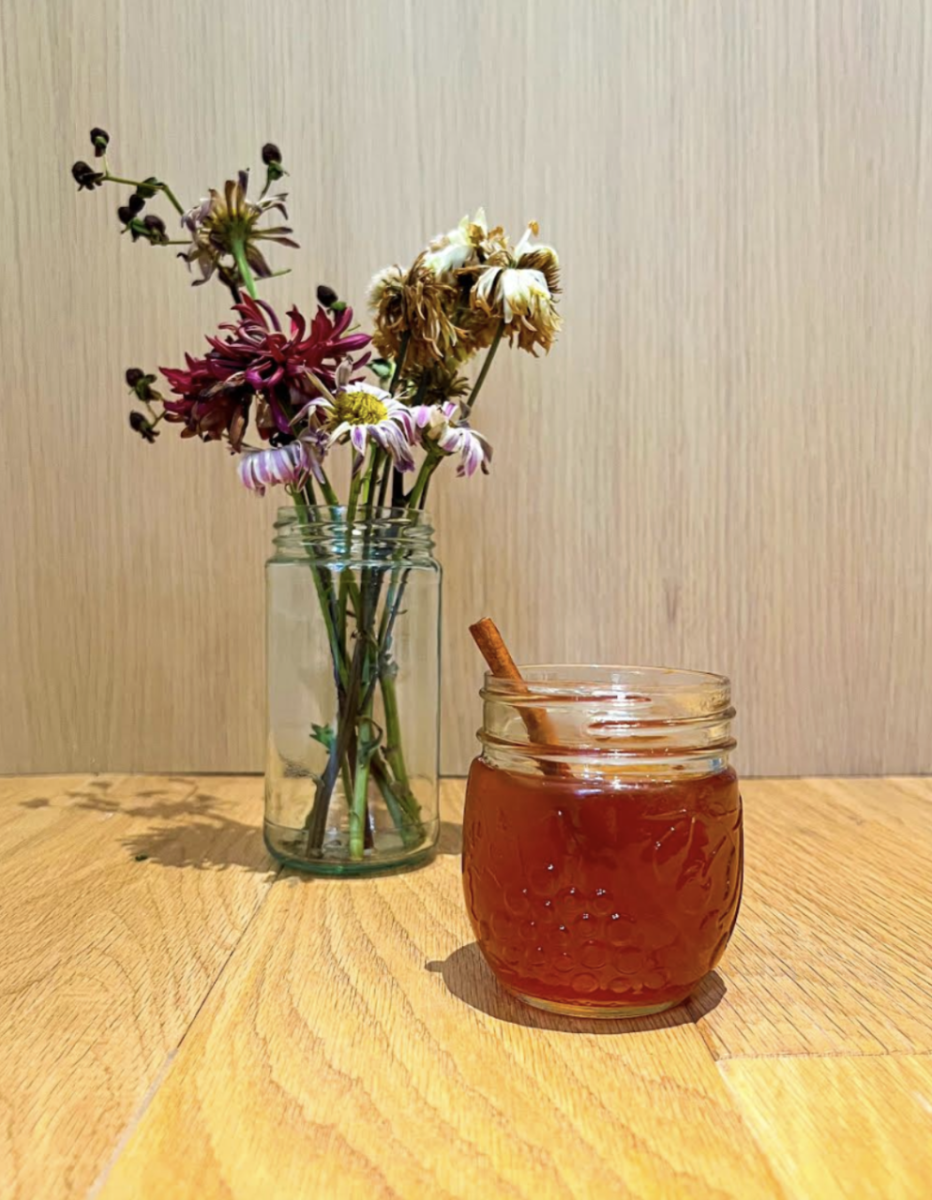On October 21st, The Owl’s Call, the Friends employee newsletter, informed faculty and staff of a new policy concerning political apparel. It stated that, in order to provide a “safe, respectful, and inclusive environment for all students, and recognizing the power dynamics that are inherent between adults and students…employees are asked to refrain from outward displays of support for individual political candidates or parties.” Displays of support include, but are not limited to clothing, pins, hats, and stickers with political messaging or imagery. Given the proximity to the election, campaign branded clothing seemed to be the intended target of the policy. It ended by urging employees to engage in political expression in “ways that do not
impact the neutrality of the school learning environment.” Notably, the policy provided no restrictions on other forms of political expression. Some teachers were directly affected by
this policy, and others felt unsure about what types of messaging were prohibited. Mark
Eisenhardt, a computer science teacher, felt that “[the policy] was not clear, but a reasonable person would make the right choices.” Considering the general vagueness of the policy, several found the specific aim at clothing odd. Susannah Walker, an Upper School history teacher, said, “I don’t think it’s useful to target clothing or pins… and not talk about speech in the classroom at all.” Stefan Stawnychy, the history department chair, said that the policy felt “limited,” and that the more significant aspect of the policy was managing partiality in the classroom. When
asked about this issue, Stawnychy replied, “we understand that impartiality isn’t a real
thing – it’s a fool’s errand,” but he did agreed that removing political messaging could help lessen the power dynamic between students and teachers. He explained that when a participant in a conversation sees the person they’re speaking to is openly displaying their political leanings, it “tends to immediately put parameters around a conversation as opposed to entering into it with a holistic perspective.” Walker agreed, but added, “I think that tea-
chers are very aware of the power dynamic” and “we all are careful about what we do or
don’t reveal about our political views.” This statement echoed a widely held sentiment among teachers: while they see how political clothing could make a student feel uncomfortable expressing their own opinion, they have years of experience mitigating bias and including differing perspectives and feel prepared to put that into practice during politi-
cal discussions. When asked if the policy aligned with the Upper School’s focus on civil discussion, the responses were neutral. Stawnychy replied, “If we’re using T-shirts and buttons to promote civil discussion, then we’re doing it wrong.” The consensus among those interviewed was that civil discussion relied on actual discussion rather than accessories. Since there were no limitations on speech, a much more powerful form of expression, and teachers felt that they could continue holding political discussions in and outside of class in the same manner as they did before the policy. Well before this policy, Friends Seminary pledged to be a neutral institution in the face of extreme division. Now that the election is over, and looking ahead to Donald Trump’s presidency, some teachers hope that the school will move in a less neutral direction. Eisenhardt said, “It’s certainly very likely that Trump is going to instate at least one policy, if not many many more than one, that runs afoul of our Quaker values.” He pointed out the historical actions of Quakers against injustice and hoped that Friends could
follow in their footsteps. Responding to the school’s neutral stance: “There’s one thing about a campaign,” he replied, “and then there’s another thing entirely with governance.” Stawnychy had a similar take, saying, “now that the election is over… [Trump’s] behavior, his language, is up for a different type of scrutiny.” He continued, saying that, as a Quaker institution, when faced with the type of rhetoric and behavior employed by Trump, “we have to say things.”
Categories:
Amid New Political Apparel Policy, Teachers Discuss Navigating Politics in the Classroom
Aliyah Jordan, Staff Writer
December 3, 2024
0
More to Discover

